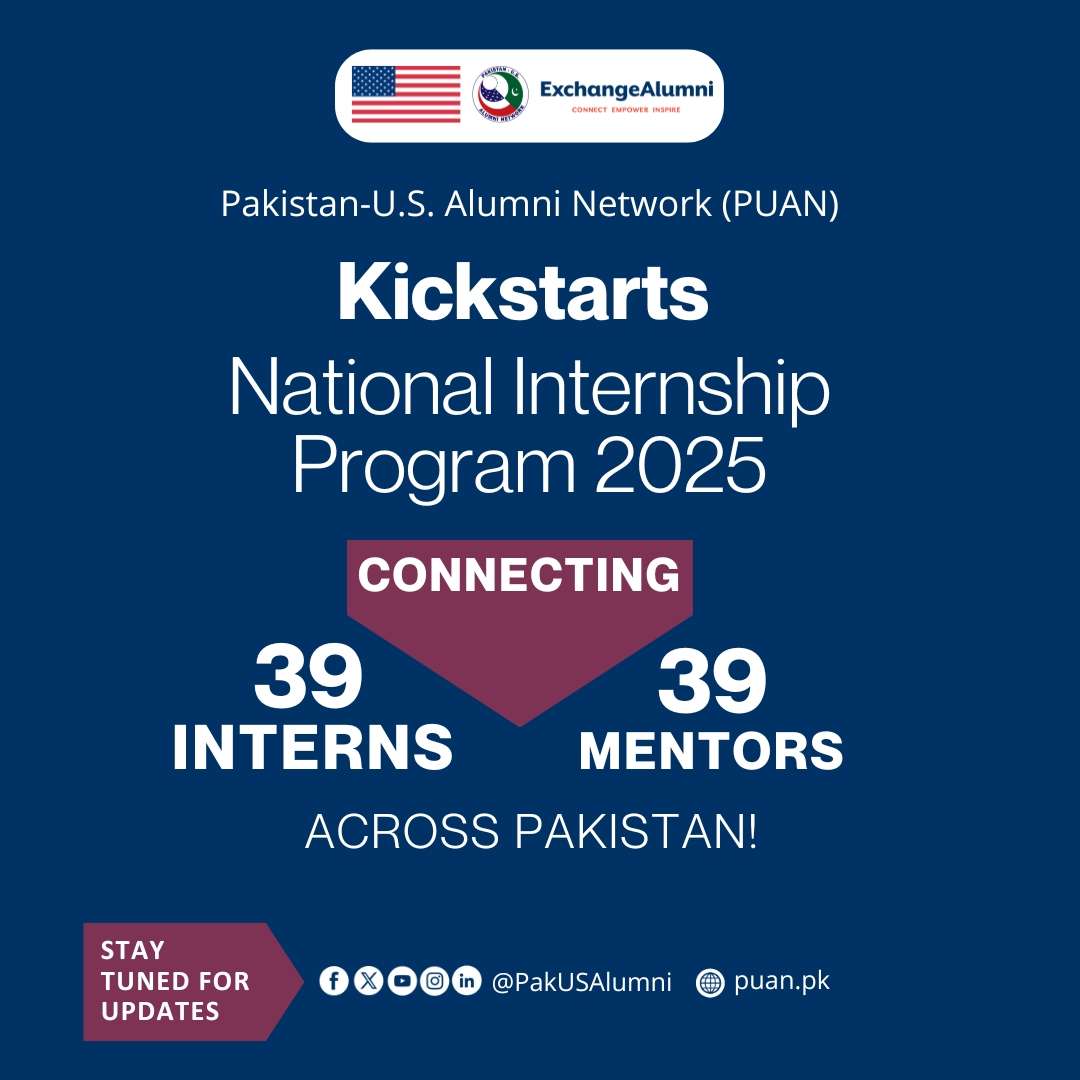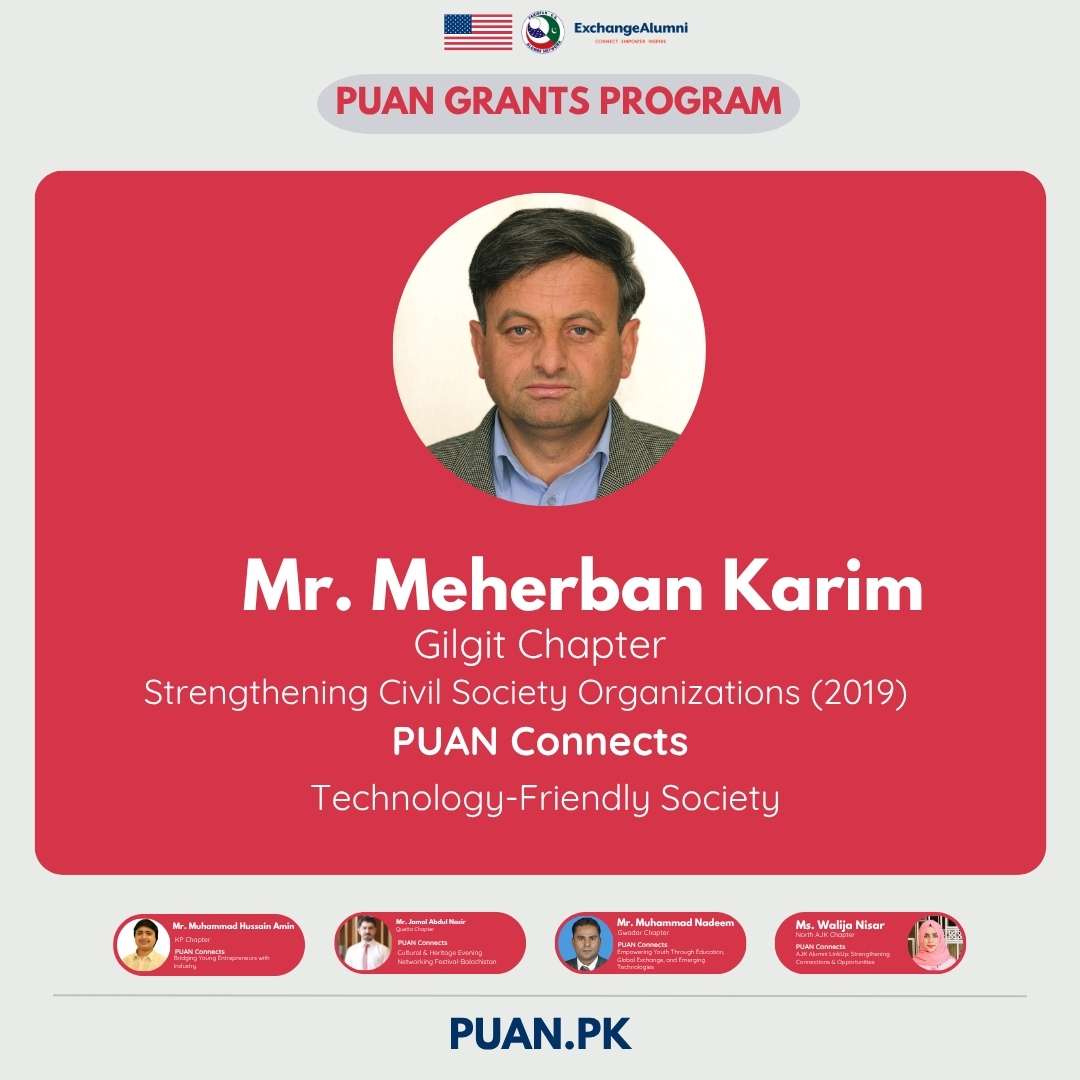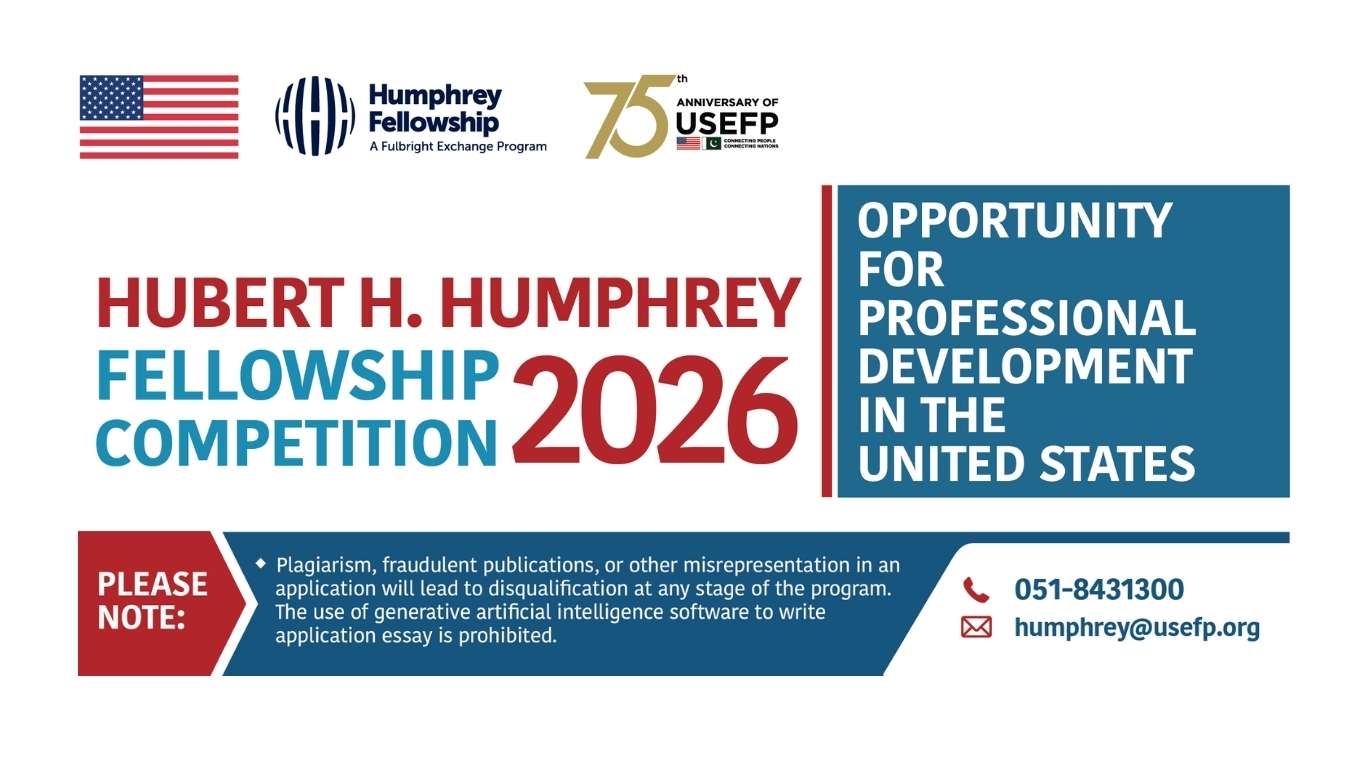By Rimsha Ali Shah
“The most common way people give up their power is by thinking they have none”
As a woman from a country that put a female head of state on the map back in the 1990’s, Hina Fatima knew the same political fire resided in the women around her, and through her extensive professional career experience with multiple women’s campaigns her conviction that women indeed play a vital role in national development was proven time and time again. During her Legislative Fellowship in the U.S. under World Learning, Fatima discovered a political arena whose tangents solidified her understanding of the paralysis that often stunted the political progress of women: inadequate training on gender-sensitive governance.
Upon her return to Pakistan, Fatima set to work designing a workshop focused solely on training men and women on the theme of “Gender Sensitive Governance for Local Governments,” which developed five comprehensive workshops. This was made possible with the help of an alumni small grant. All alumni of various U.S. government sponsored exchange programs in Pakistan are eligible to apply for the grant of up to $5,000 USD from the Pakistan-U.S. Alumni Network (PUAN) to enable them to give back to their communities.
Workshop Series Engage and Empower Local Communities.
“I did not want my workshops to limit access to anyone with an interest in transparency and governance. Gender-sensitivity in governance is a concept that is still not at the forefront of political trainings and education in our country, but I want to change that. That is why the workshops were geographically spread over in five locations to cater to all relevant entities.”
Fatima’s workshops were attended by 100 participants from diverse backgrounds including students, housewives, political-workers, elected MNAs, journalists, community leaders and social activists. These trainings, spread over the course of two months, took place in Rawalpindi and Islamabad.
Haseeb Kiyani, a development professional and President of the PUAN – Islamabad/Rawalpindi Chapter also served as a trainer for these workshops and stressed the importance of equally engaging both genders in the process of gender-sensitive governance for a politically and socially progressive society.
Fouzia Arshad, an elected Chairman who attended the workshop said, “The training has directed our attention towards issues that are roaring at us but we generally do not think about them. As elected representatives, we need to be sensitive to inclusion of women in the development process at all levels.”
Among the attendees of the workshop, Umer Janjua, an A-level student, was quite keen on learning more about the subject. “The interaction I had today with elected representatives and political-workers has been eye-opening for me in terms of policy making and our role as responsible citizens.”
The trainings were structured in five sessions to provide participants an in-depth understanding of the current practices of local governments pertaining to issues of education, health and municipality, principals and mechanisms for public engagement, and governance through the gender lens.
Beenish Irfan, an alumna of the International Centre for Journalists (ICFJ) professional exchange program and a political-worker in the Federally Administered Tribal Areas (FATA) commented on the workshop training materials, “The reference booklet is a great giveaway for us participants as it will help us later when we put our plan in to action on ground.”
Sydney Smith, U.S. Embassy Islamabad representative praised Fatima’s vision, “Our investment is rewarded when alumni can engage and transform communities. It has been wonderful to see the engagement and enthusiasm shown here today towards promoting gender sensitivity.”
In the end, participants received certifications of participation; however, the process does not end there. What follows is continuous support and guidance for the participants in the coming months in the form of follow-up visits to witness the training put to action.
To view pictures from the activities, click here





